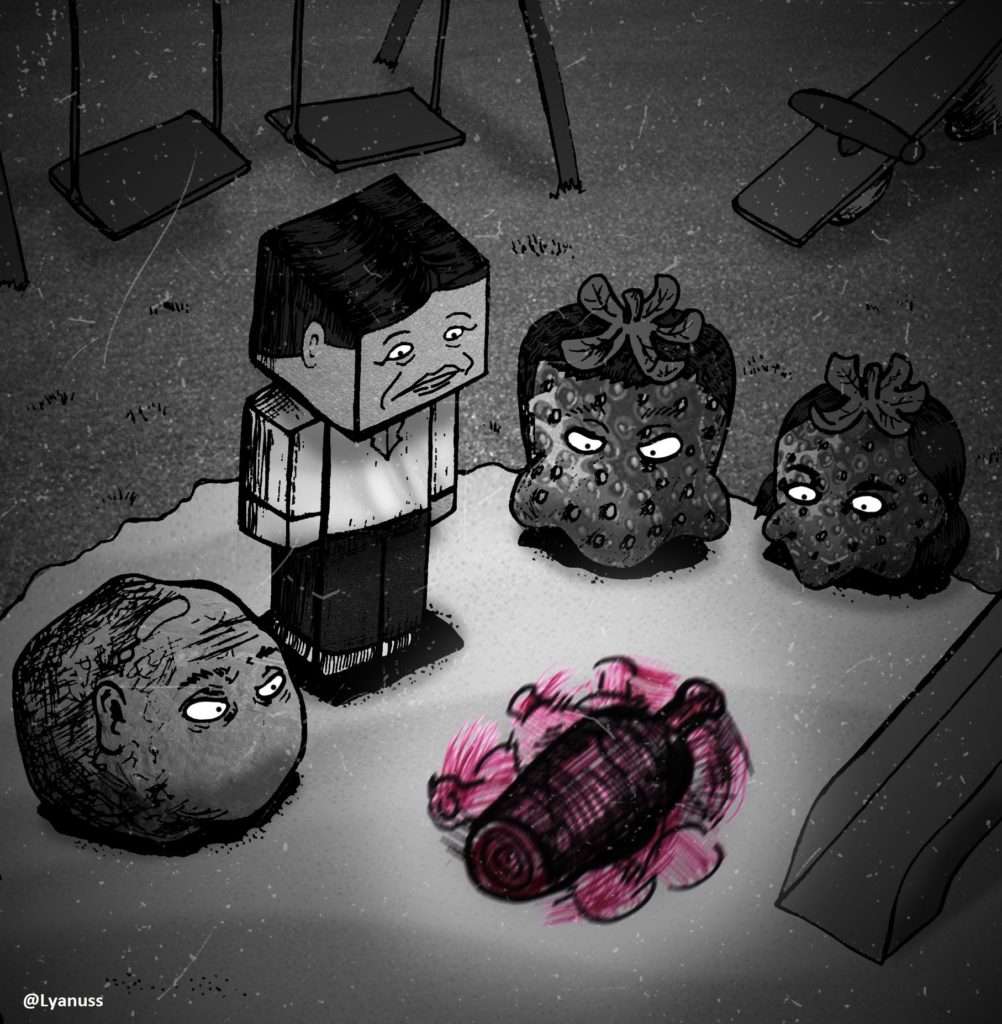by the Weekly Sillimanian | November 21, 2021

In a country where flamboyance is shunned and humility is considered appealing, Filipino voters being drawn to “reluctant candidates” is unsurprising. It has been part of our political culture for public figures to act reluctant about being elected into government positions — stirring effortless publicity and prompting their supporters to root for them even harder, hoping that they would change their minds before the substitution deadline.
This, however, is one of the biggest reasons why the current law on candidate substitution is flawed. In Section 77 of the Omnibus Election Code, “a candidate of a registered or accredited party” can be substituted in the cases of “death, disqualification, or withdrawal”, making it legal for placeholders to broadcast themselves before the campaign period. This strategy mocks our nation’s election process and therefore, substitution in the case of withdrawal must have stronger regulations.
Withdrawals, in all electoral sanctity, should only be considered when there are concrete and honorable reasons to do so. Being honorable doesn’t mean that one should be a placeholder for the other to have the spot in the candidacy later on while the game of humility is still being played. Candidacies are supposed to be a public affair and not a guessing game for the people.
In Section 69 of the same code, the “nuisance candidate” term is mentioned along with its criteria. These include having “no bona fide intention to run for the office for which the certificate of candidacy has been filed”. Given our recent election-related events, why has this rule not been executed more strictly when there have been suspected placeholders for other candidates?
Most, if not all placeholder candidates, can be relatively called “nuisance candidates” because they have been acting as dummies to a person who already has a grip for the spot. While those who already planned to run are building up a reluctant aura to draw the attention of masses to them, often turning them into fanatics, these dummies handle the public so they can still maintain the legal aspect in their moves.
Voters also ought to think about the candidates they are voting for. One of the biggest flaws of the Filipino voting population is that they tend to favor a candidate’s humility above all else. However, one must remember that humility does not equate to ability. Additionally, it is essential to consider a candidate’s demeanor even before their filing of the Certificate of Candidacy. If they are unsure about the position from the beginning, how would they do their duties once in public office?
Put it simply — the attitude shown by our hopefuls will reflect their personality as a leader and generally, as a person. If a certain candidate is known to keep the constituents guessing with their next move, how much more if that candidate gets the power? Will the people continue to suffer from looming uncertainties? What will happen to the sacredness of democracy that is supposed to revolve around transparency and accountability?
Despite some people’s abusive behavior towards the current code on substitution, we support the right for others to change their minds whether it is due to financial or personal matters. However, this does not mean that the current law does not have room for amendments; changes that can improve our election process and hopefully, our government.
Everything boils down to the true essence of democracy. The whole nation should be involved in all affairs of national interest, including politics.


